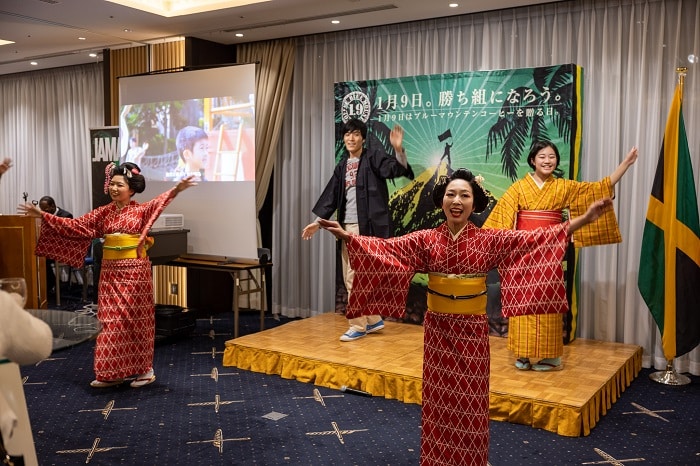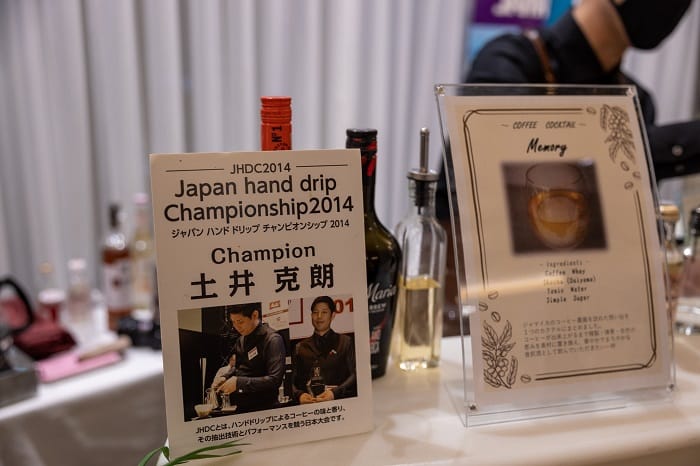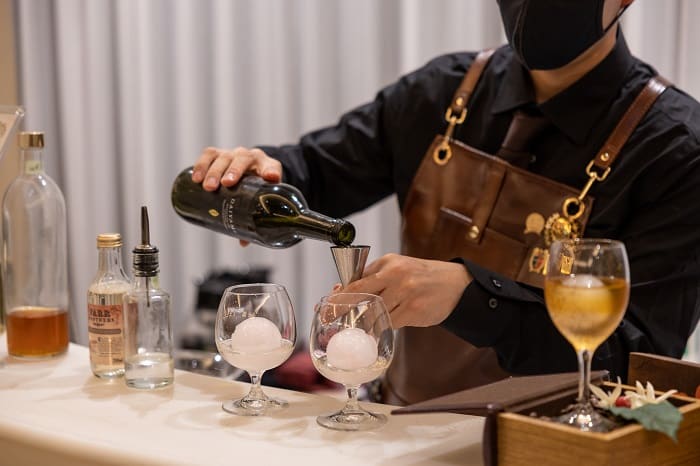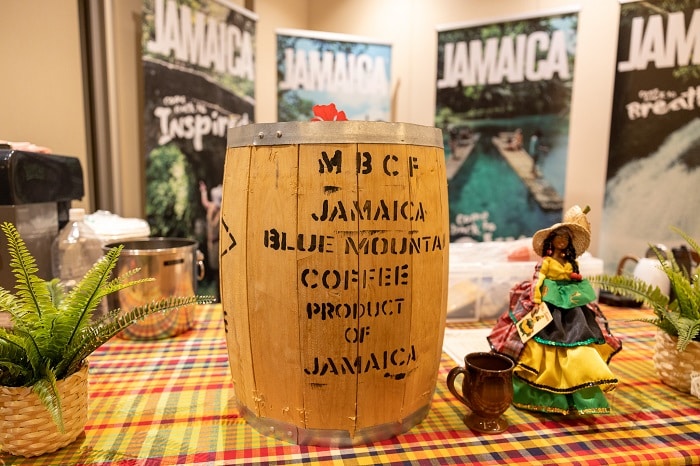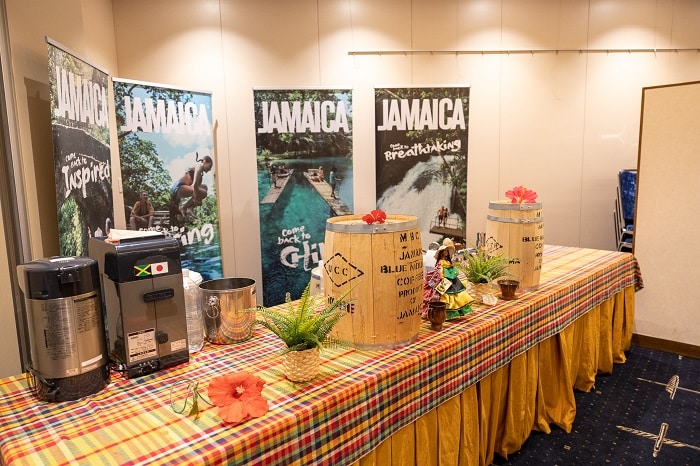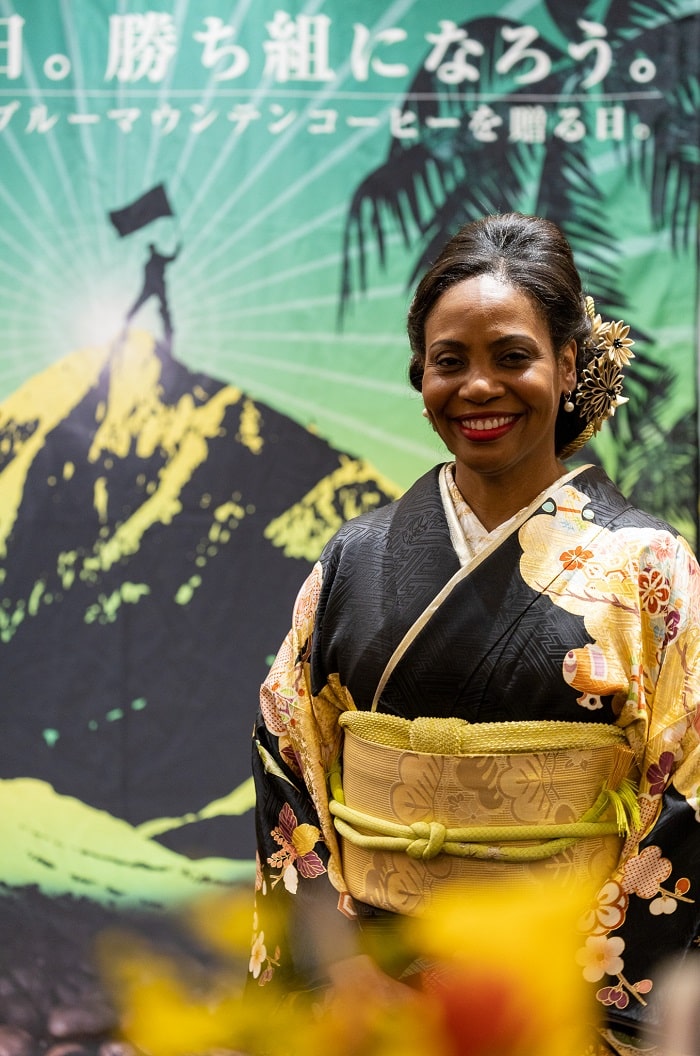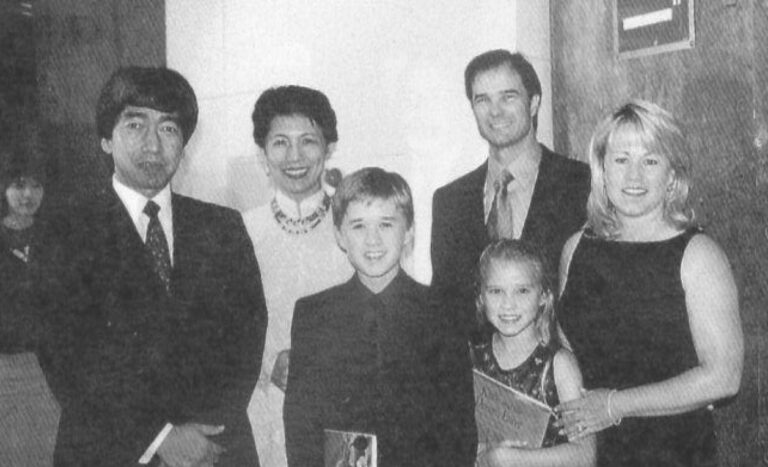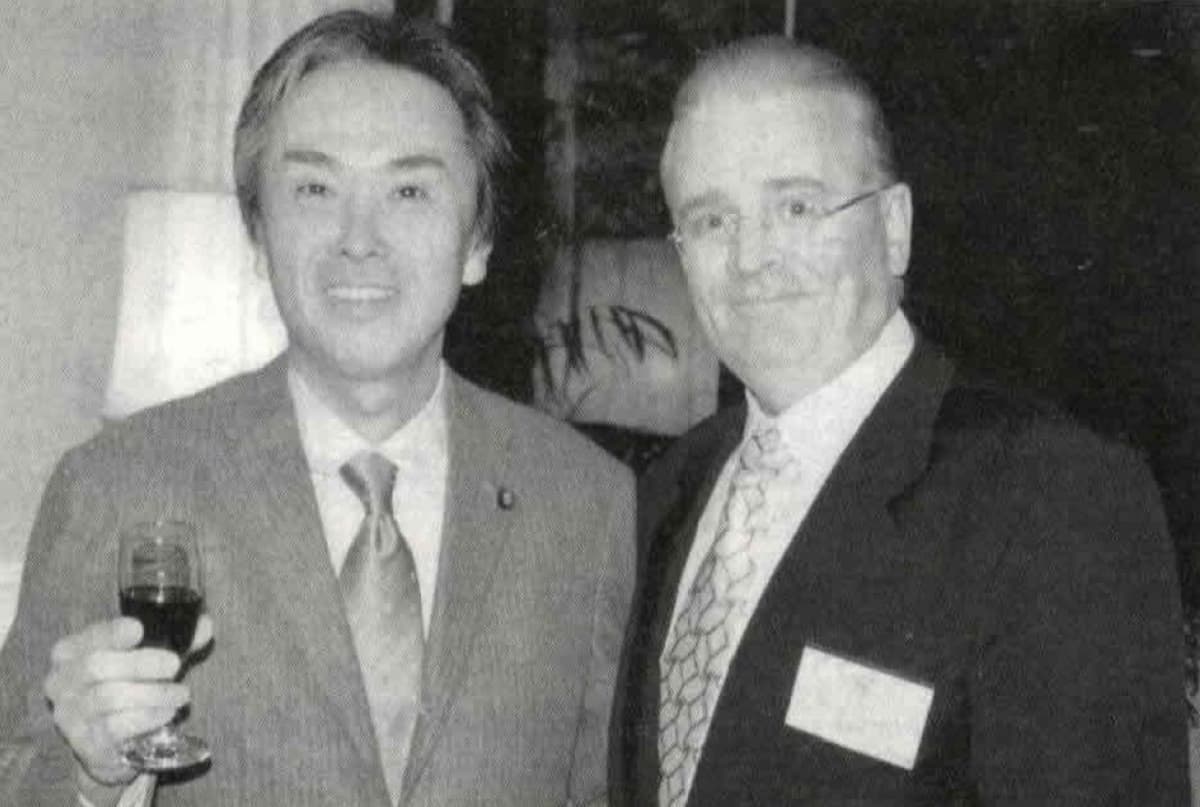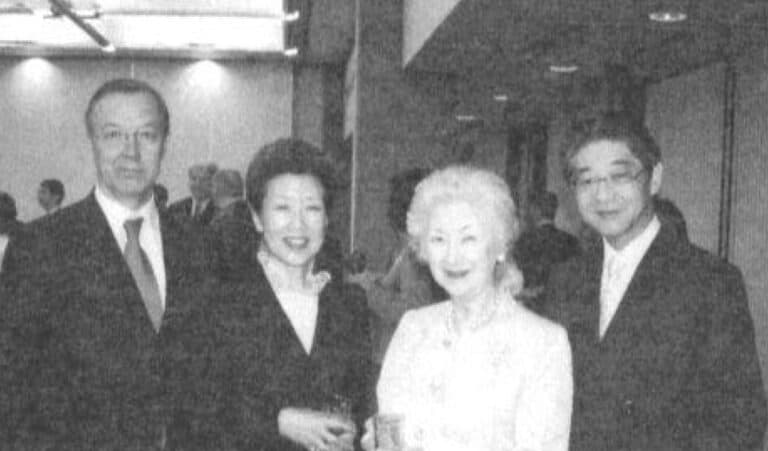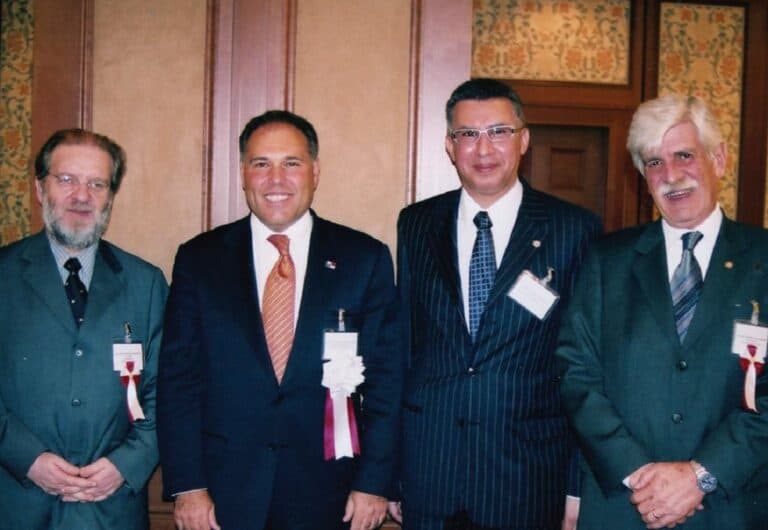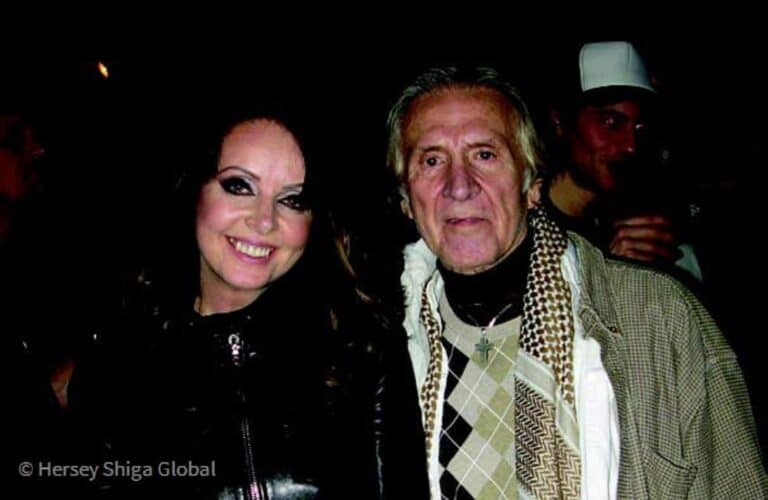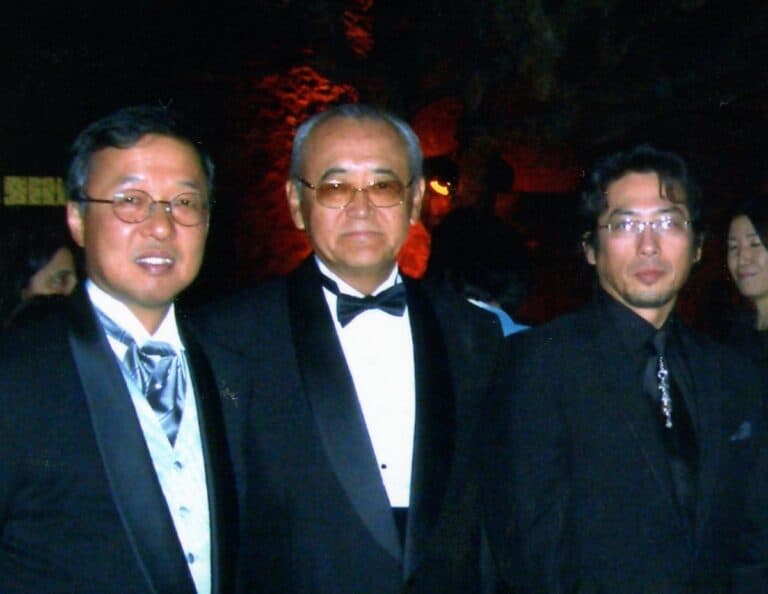Jamaican Embassy Celebrates “Winning Beans : Jamaica Blue Mountain Coffee Day”
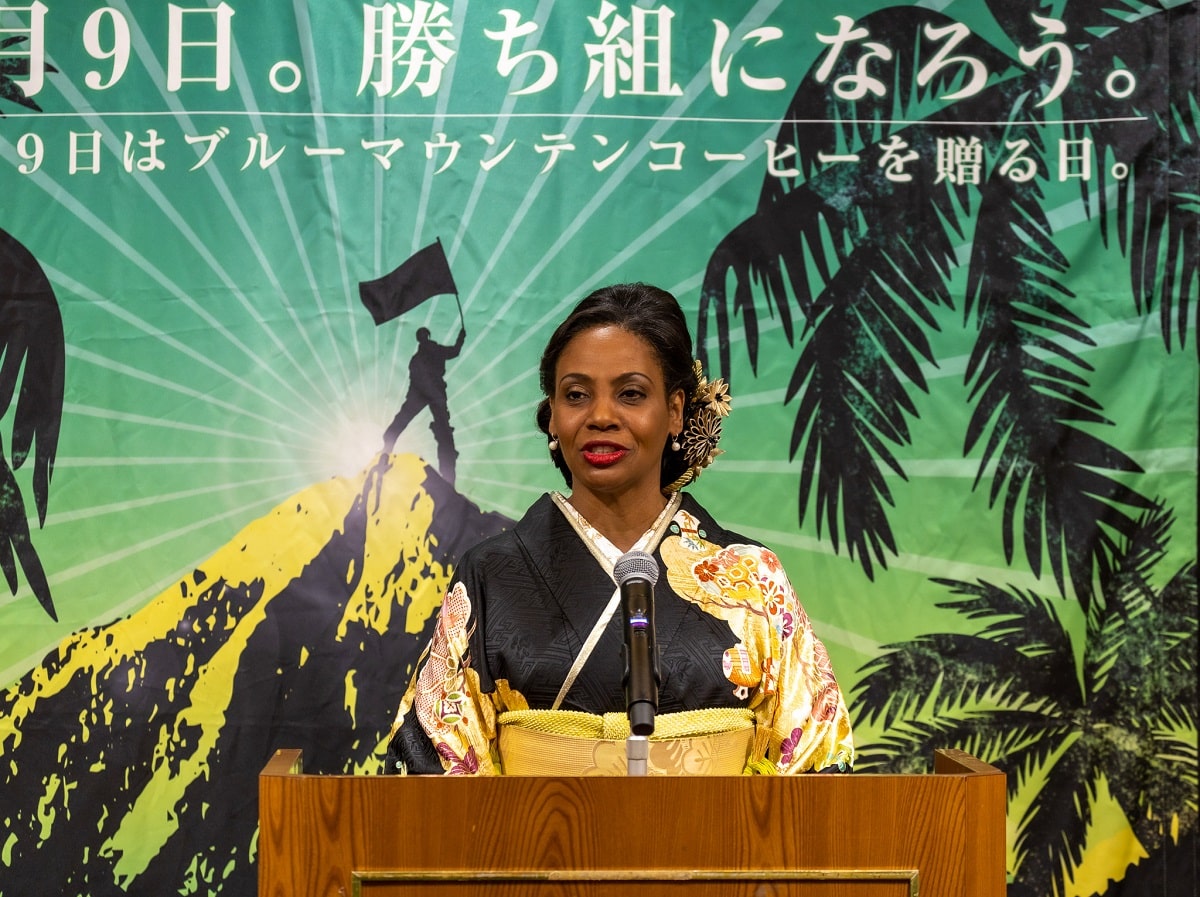
February 4 is Setsubun, when we eat Ehomaki (good luck direction sushi rolls), February 14 is Valentine’s Day, and March 14 is White Day. And January 9 was “Winning Beans : Jamaica Blue Mountain Coffee Day.”
January is also right before the university entrance exam, and the word “win” is an encouragement to the students. Drinking the fragrant Blue Mountain coffee in between studying hard for entrance exams and wishing to become a “winner” is motivating. So what makes Blue Mountain coffee beans “winning beans”? It is in the harsh environment that these coffee beans, which are said to be of the highest quality, pass through and their toughness and strength to withstand it.
The history of Jamaica’s world-famous Blue Mountain coffee began in 1723 with the gift of three coffee trees to French Martinique by Louis XV. Five years later, the governor-general of Jamaica, then under British rule, received a coffee tree from the governor-general of Martinique. That marked the beginning of the history of Jamaican coffee.
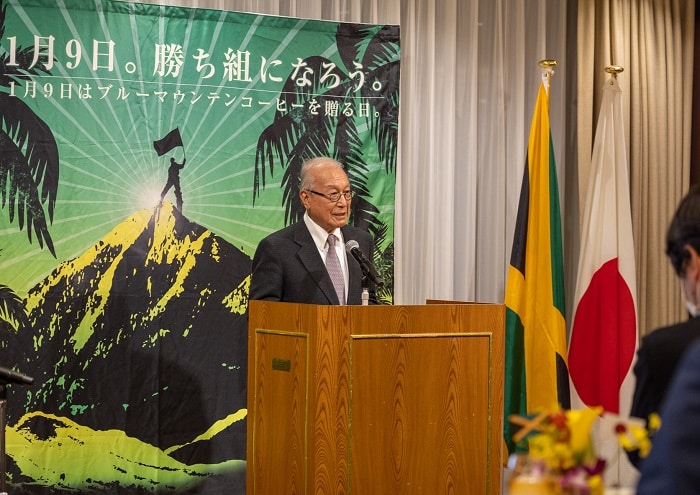
The Blue Mountains region, which is near Kingston, the capital of Jamaica, is registered as a World Heritage Site. It has a unique climate, but it is by no means a warm climate. The trees of the Blue Mountains overcome the harsh natural disasters, including the hurricanes that strike every year. The coffee that grows in this way is harvested and goes through strict quality inspections. Only “winning beans that have overcome trials” are shipped. This is the reason why Blue Mountain is called “Kachimame – Winning bean.”
January 9, 1967 was a day to remember for the Jamaican coffee community. Fifty-five years ago, on this day, the vessel carrying the largest shipment of the “winning bean” Blue Mountain set sail from the port of Kingston for Japan for the first time. Since then, Blue Mountain Coffee has played a major role as a “private ambassador” that connects Jamaica and Japan.
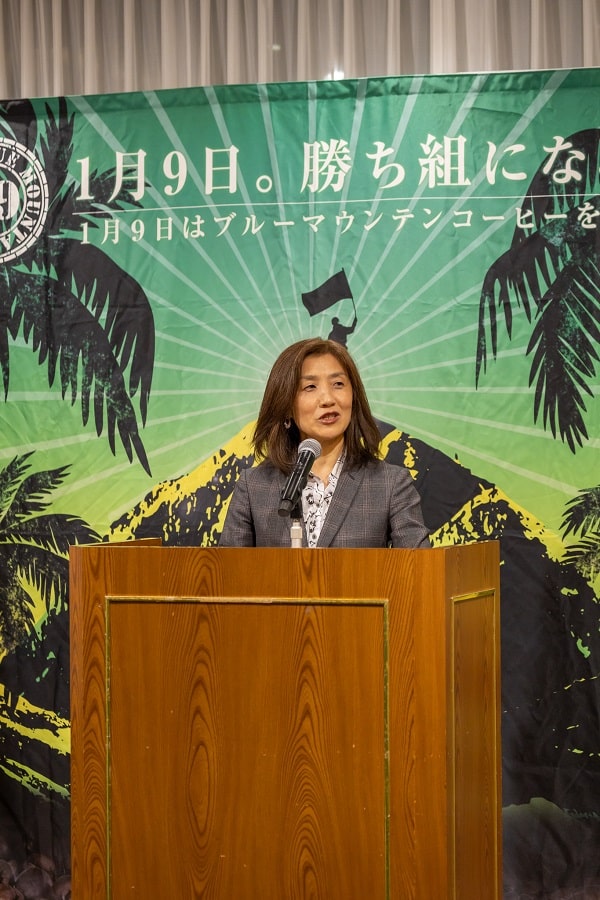
The current Jamaican Ambassador to Japan, H.E. Ms. Shorna-Kay M. Richards, who arrived in 2020, cherishes this “Jamaica Blue Mountain Coffee Day” very much. This year, now that the COVID-19 pandemic has calmed down somewhat, Ambassador Richards entertained those in the coffee and tourism-related industries in a furisode, inspired by the three colors of the Jamaican flag and their meanings.
The black long-sleeved kimono represents strong and imaginative people, the gold fukuro obi represents sunshine and vibrancy, and the green obi band and obi sash represent a land rich in natural resources.
- Read also [ Jamaican Winning beans ]
- Read also [ Interview with Jamaican Ambassador to Japan, H.E. Ms. Shorna-Kay M. RICHARDS
Wearing the long-sleeved kimono (Furisode), which is the most formal attire for women, is by no means easy even for Japanese people. However, Ambassador Richards followed the Japanese etiquette, tying her hair in the Japanese style, wearing her long-sleeved kimono, and welcoming the people using Japanese manners. Many people involved felt the hospitality of Jamaica in this kindness, and even speculated that next year’s kimono must be green.
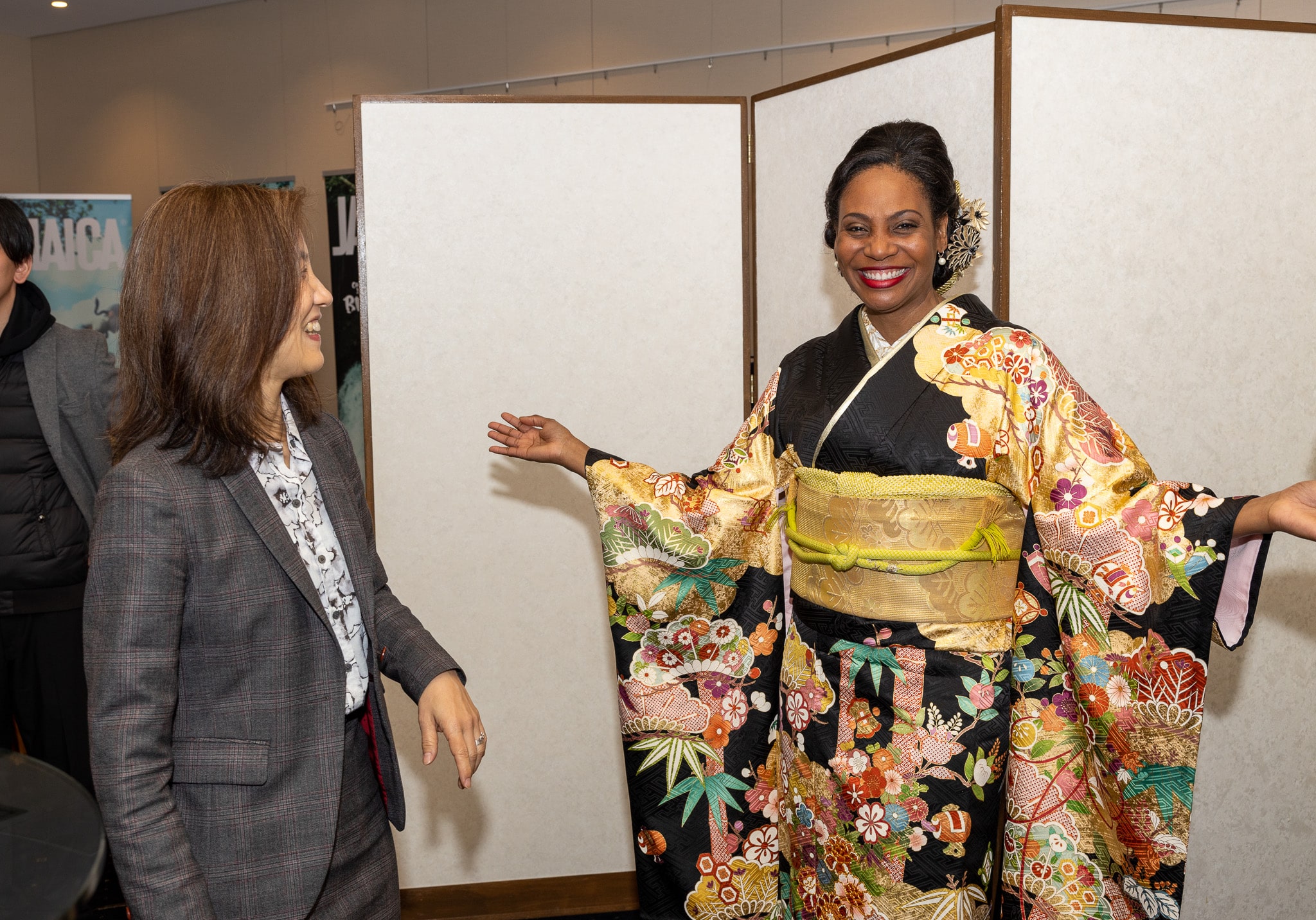
In addition, travel abroad has been eased this year, and tourism in Jamaica was also re-introduced. Jamaica is a major tourist destination: its nature and townscapes are very attractive, and its food, represented by Blue Mountain Coffee, is rich and delicious. The city of Kingston – which is among the UNESCO Creative Cities Network – is also rich in culture, represented by Bob Marley in music, Marika Reynolds, a sculptor and painter in art, and Edna Manley, known as the mother of art. Jamaicans are also warm-hearted and welcoming to international travelers, as evidenced by Ambassador Richards’ annual hospitality.
I want to drink Blue Mountain Coffee and think of the distant Jamaica, and as a reward for my hard work, I want to visit this beautiful country.
Read also,

